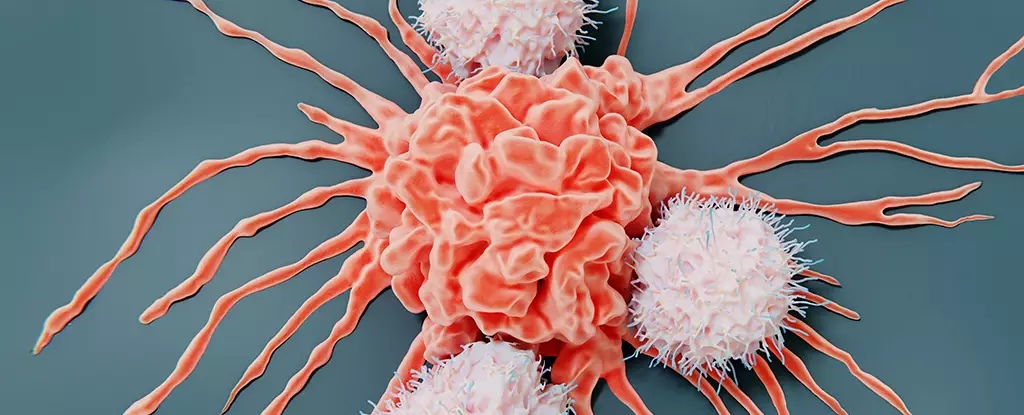Over the years, researchers have been exploring various ways to boost the immune system’s ability to target and destroy cancer cells effectively. One such method that has caught the attention of scientists is the use of fasting to reprogram the metabolism of natural killer cells (NK cells) in the body. A recent study conducted on mice has shed light on how fasting can enhance the anti-cancer properties of NK cells, offering new hope in the fight against cancer.
NK cells are a type of white blood cell that play a crucial role in the immune system’s defense against cancer and viruses. Unlike T cells that need to recognize specific antigens, NK cells can target and destroy threats they haven’t encountered before. However, when faced with cancerous tumors, NK cells operate under a lot of stress due to the hostile environment created by the tumors’ hunger for essential nutrients.
In the study conducted by researchers from the Memorial Sloan Kettering Cancer Center, mice injected with tumor cells were placed on a fasting diet consisting of two 24-hour water-only fasting periods each week. The results showed that fasting triggered a significant reprogramming of NK cells’ metabolism. The NK cells started using free fatty acids as an alternative energy source, making them better equipped to survive in the suppressive tumor environment.
The fasting regime led to drops in blood glucose levels, prompting a rise in free fatty acids that NK cells utilized for energy. This metabolic reprogramming enhanced the production of cytokines, proteins that signal the immune system to combat threats. Additionally, the NK cells were redistributed throughout the body, with many migrating to the bone marrow where they were exposed to high levels of interleukin-12, a protein that aids in fighting cancer.
While the findings of the study are promising, the researchers caution against starting any fasting regimen without consulting a medical professional. What works for one individual may not be suitable for another. Furthermore, the study’s results need to be validated in human subjects to determine the efficacy and safety of fasting in enhancing the immune system’s ability to target cancer cells. Questions remain about whether all NK cells undergo the same retraining process over their lifespans, highlighting the need for further research in this area.
Fasting has shown potential in reprogramming the metabolism of NK cells and improving their anti-cancer properties. The study’s findings pave the way for future investigations into utilizing fasting as a complementary approach to cancer treatment. By better understanding the impact of fasting on the immune system, researchers may uncover novel strategies to enhance the body’s natural defenses against cancer.


Leave a Reply